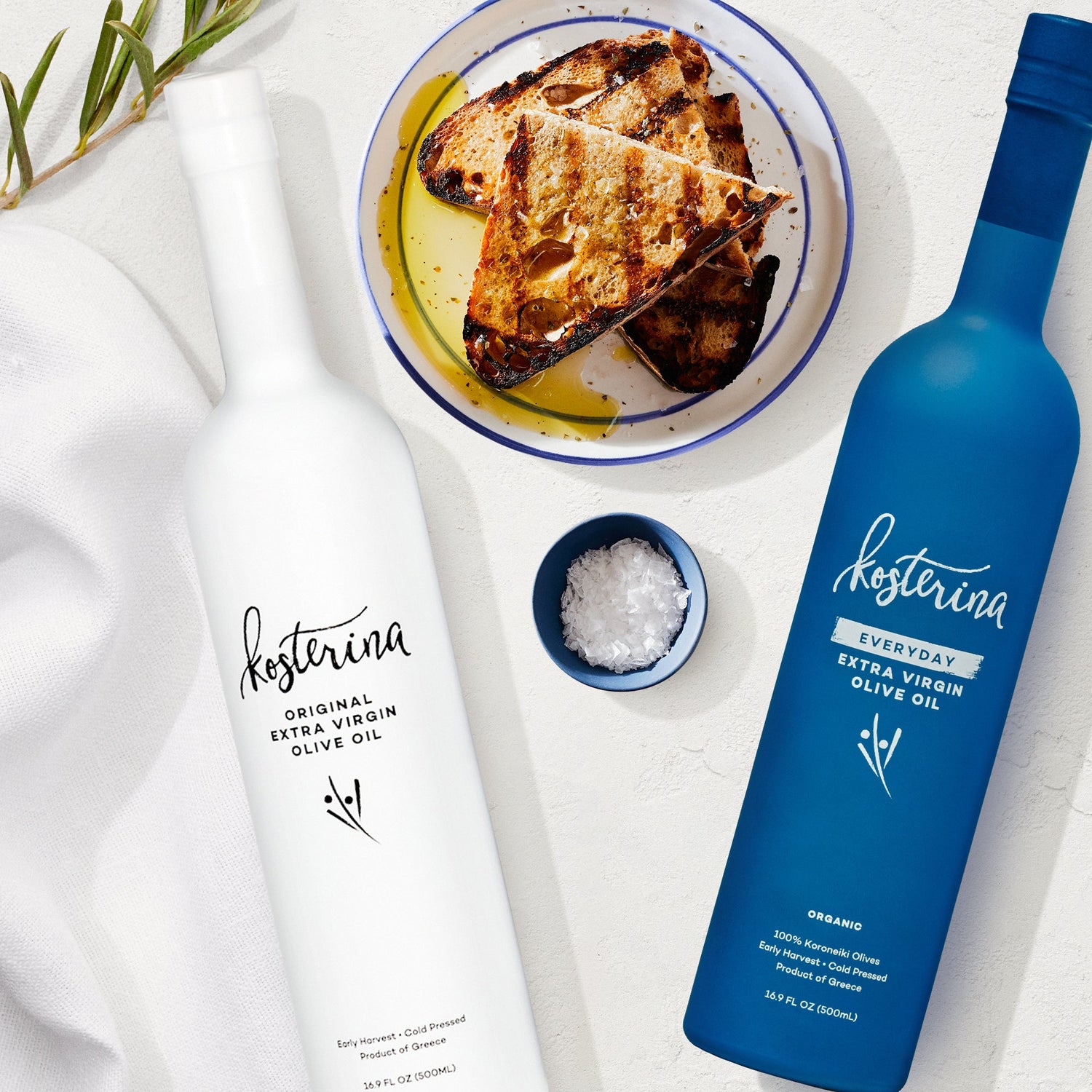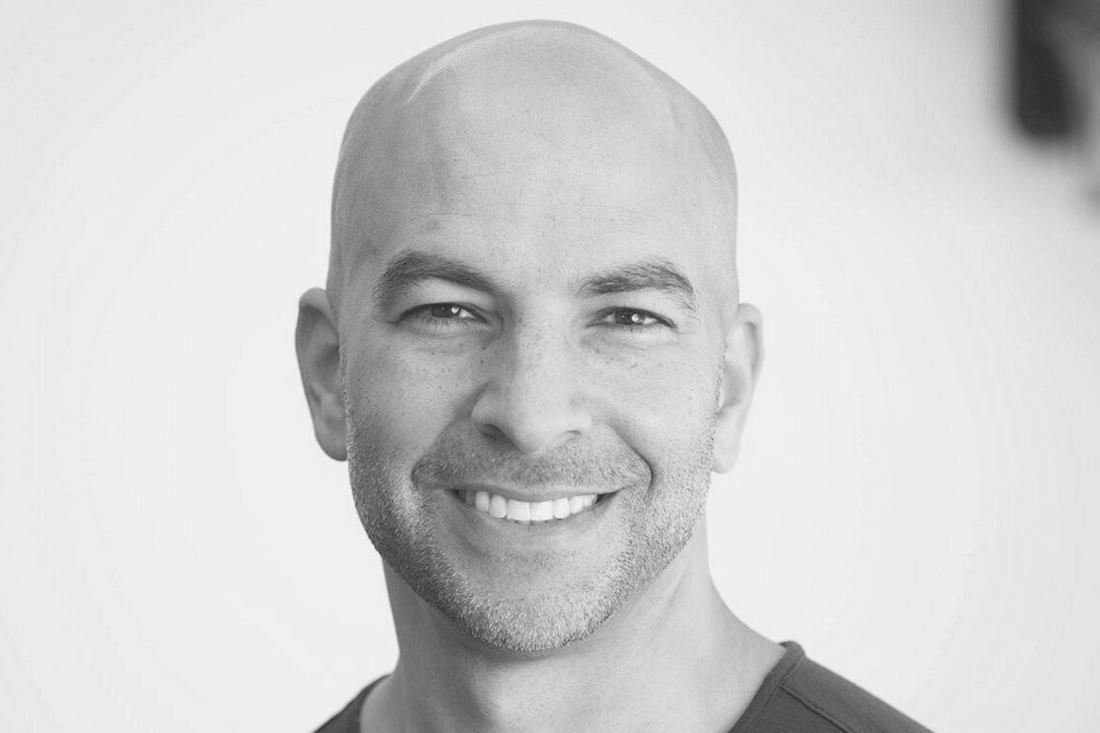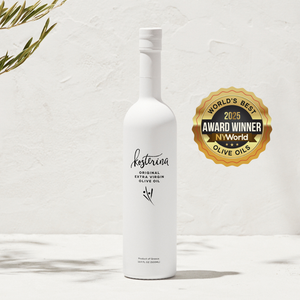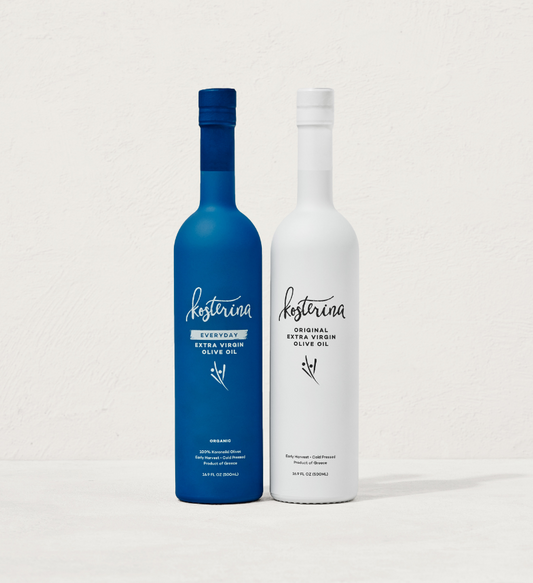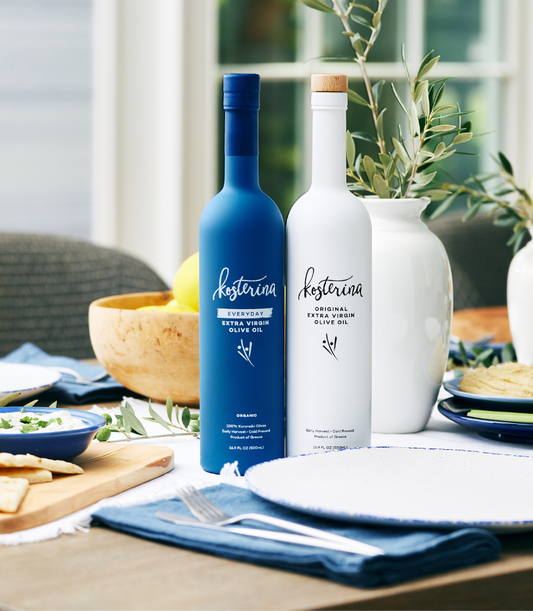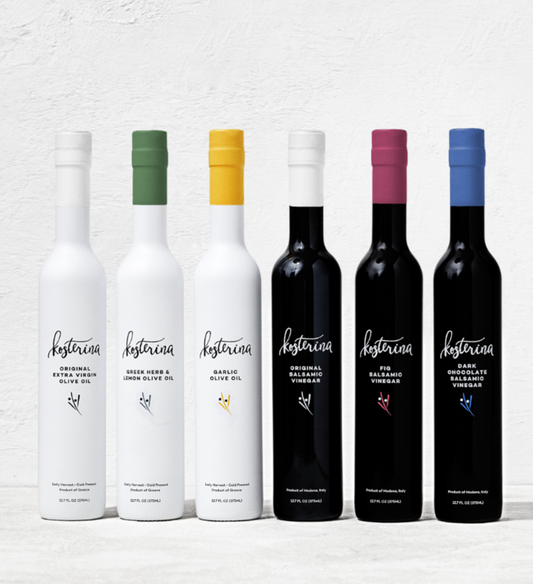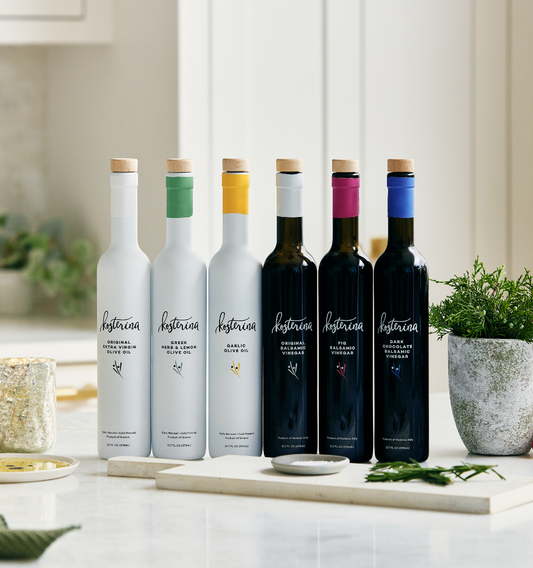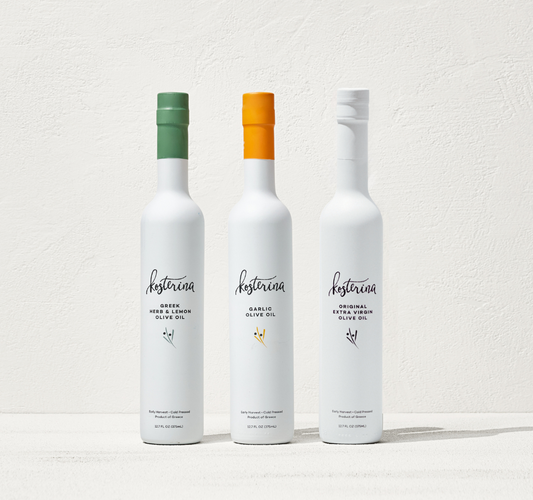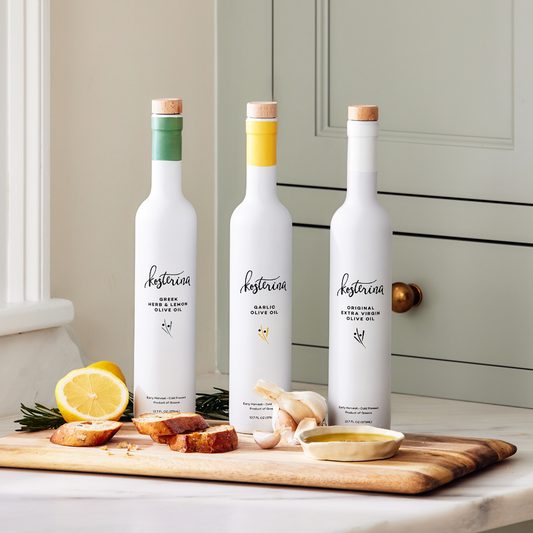Dr. Peter Attia
Kosterina Family,
Our mission here at Kosterina is to help you live a longer, more delicious life. One of our trusted sources for science-based wellness and longevity information is the world-renowned, Dr. Peter Attia. My team and I are long-time disciples of Dr. Peter Attia and highly value his work focused on health and longevity.
Dr. Attia’s debut book, Outlive: The Science & Art of Longevity, officially launches this week and we couldn’t be more excited. Outlive is an in-depth guide on how we can extend not only our lifespan, but also our healthspan to live longer, disease-free. Dr. Attia starts one of his early chapters with a quote from John F. Kennedy: “The time to repair the roof is when the sun is shining.” And we want to help you take action now that can literally change your life. I’ve been lucky enough to receive an advance copy so stay tuned for our Book Report with all our top takeaways, coming soon.
Dr. Attia has been a longtime supporter of Kosterina and we are so grateful. I want to thank Dr. Attia for being a loyal Kosterina customer and for raising awareness of our incredibly high-antioxidant EVOO with his followers who love Kosterina for its health benefits. Dr. Attia has the trust of his followers because he does not take payment from the brands he promotes on his platform as he is a genuine user of those brands.
In this Inquisitive Olive interview, Dr. Attia shares his why for writing Outlive, what he knows about the connection between olive oil and health, and some details on his favorite things.
- Katerina
Peter Attia is a physician, podcaster, and writer known for his expertise on the science of longevity. He is also the first person to make the round-trip swim from Maui and Lanai!
Peter gives us an inside look into the motivation behind his debut book, Outlive: The Science & Art of Longevity, and drops some serious EVOO knowledge.
QUICK PICKS
Favorite food? Too many to name, but I’m especially fond of wild game as a source of protein.
Favorite self-care treatment? Deep tissue work.
Favorite grocery store purchase? Grass fed steak or really fresh salmon.
Favorite skin care or beauty product? I need to pay more attention to this… clearly nothing at the moment.
Favorite place to travel? Italy and Brazil.
Favorite part of your day? 6 am to 10 am, when I have the most time to myself and with my kids.
Book Q&A
Your focus as a physician is longevity. What drew you to that?
I really don’t like the word “longevity” because it smells of lotions, potions, and quackery, but I understand it is shorthand for something meaningful. That something can be technically defined as the product of lifespan (how long you live), and healthspan (how well you live). And I think there is a real disconnect between the medical definition of healthspan–the time of life you spend free of “disability and disease”–and a far more useful definition which is based on more nuanced metrics of physical, cognitive, and emotional health.
Maximizing longevity must address both of these issues: living longer and living better. After the birth of my daughter, I wanted to understand and apply this concept to the best of my knowledge. That is where the journey started, simply for my own understanding.
What is your goal in writing Outlive: The Science and Art of Longevity?
Despite how much effort I have put into podcasting and writing blogs and newsletters over the past 12 years, it’s very difficult to give someone a comprehensive view of how I think about this topic in these formats. Podcasts are wonderful in many ways, but they lack the structure and deliberate purpose of a book. In this book, I wanted to create a comprehensive lattice upon which a reader can develop both a deep and wide understanding of longevity. Fundamentally, I aim to provide understandable frameworks so that readers can apply them as future information becomes available. I want readers to free themselves from the neverending cycle of quick fixes and rudderless tactics. I wish for readers to gain ownership over their own longevity curve by clearly understanding the difference between their objectives, their strategies, and the tactics used to achieve them.
Why did you title your debut book Outlive: The Science and Art of Longevity?
This might sound silly, but I like that “OUTLIVE” is a verb. All of this “longevity stuff” is about action. Every step is rooted in action. Hence, the title should reflect that. The subtitle is “The Science & Art of Longevity” and that reflects that applying the science of longevity to humans is part science, and part art.
What do we know about olive oil and its relation to health?
Olive oil appears to be beneficial for heart health. In large part, this is likely due to its high concentration of monounsaturated fats and vitamin E (an antioxidant) and correspondingly low concentration of saturated fats, which is associated with heart disease.
A couple of landmark randomized trials involving a Mediterranean diet, of which olive oil is generally a major component, have provided fairly strong evidence to support the benefits of olive oil. The first was the Lyon Diet Heart Study in the 1990s, which compared the incidence of cardiovascular events (such as heart attack, stroke, or pulmonary embolism) in previous heart attack survivors on a Mediterranean diet versus those on a Western-style diet. Those on the Mediterranean diet were found to have 67% fewer cardiovascular events over a 4-year follow-up period, indicating that this diet has benefits for overall cardiovascular health.
A subsequent study, known as PREDIMED, examined healthy participants assigned to either a Mediterranean diet supplemented with olive oil, a Mediterranean diet supplemented with mixed nuts, or a standard low-fat diet. The researchers compared the incidence of heart attack, stroke, or cardiovascular death. Again, a Mediterranean diet was found to be protective. Researchers discontinued the study after about five years because benefits for both Mediterranean diet groups were so high, with about a 30% reduction in incidence of cardiovascular events relative to the low-fat diet group. Further, between the two Mediterranean diet groups, the olive oil group appeared to have modestly greater benefit than those on mixed nuts.
Collectively, these results point to benefits of a Mediterranean diet – and olive oil in particular – for cardiovascular health.
Why are you particular about which olive oil you buy, and why do you use Kosterina?
To get the maximum health benefit from olive oil, it needs to contain a maximal amount of monounsaturated fats and minimal amounts of polyunsaturated fats, which are prone to oxidation and may contribute to atherosclerosis. This means the oil ought to be extra virgin, high-quality, and 100% olive oil – not supplemented with other inferior oils, as is common in cheaper products still sold as “olive” oils. I prefer Kosterina to other brands because it passes all of those quality requirements with flying colors by using single-source olives harvested within the last year. It is also very flavorful, with a rich, peppery taste that is characteristic of the best-quality extra virgin olive oils.
